Introduction to Hybrid Events: All You Need to Know in 2021!
“The future is hybrid”. “Hybrid events are the next big thing”. “After virtual, go hybrid.”
If you’re an event organizer, or if you’re looking to get into planning online events, you might be familiar with statements like these. But what does “hybrid” actually mean when it comes to events?
Definitions can sometimes be lacking. That’s because the format of a hybrid event is entirely up to the organizer’s imagination! Just like every other event concept, hybrid events are infinitely tailored to the organizer’s needs and goals. There can be a lot of variation! That’s why there is no fixed definition of what a hybrid event is.
Very simply, a hybrid event combines elements that are accessible digitally (from anywhere) and those that are on location. Organizers can decide what format suits their attendees and concept, based on available resources.
Let’s break down some of the different options.
The three types of hybrid events
Hybrid Attendees
The most common understanding of a “hybrid” event is one with two types of attendees. These are split between those attending in person at a specific venue, date, and time, as well as participants attending digitally from a remote setting.
In this instance, event organizers will plan for their content to be consumed by attendees in both “venues”. For example, this might include live streaming your stage content, so it can be viewed by those in a remote setting. Using cross-platform event apps can allow remote and in-person attendees to engage with content (and one another) together in real-time.
Events that include hybrid attendees can be difficult to plan, as some event formats that work in-person can be difficult to translate to remote audiences. For example, an entire day of immersive stage entertainment might be electrifying in person but may struggle to keep your remote attendee’s attention for viewers at home. In this case, organizers might choose a hybrid event concept that includes different programming specifically for remote attendees.
Hybrid Programming
Hybrid events can also describe an event’s programming.
These events are those where your attendees are all in one place, (either in-person or virtual), but where your content is both on-screen and off.
Hybrid programming is often used for largely virtual events that include elements that take participants away from their screens or include tangible materials to interact with. One example might be an outdoor scavenger hunt that participants take part in their own locations, but are connected through a voice call.
However, events, where your participants are together in-person, may also be “hybrid” if they incorporate digital elements. For example, you may include keynote presentations between speakers that are remote, and those in your location. Or, you might include a digital game between attendees that can be accessed via mobile devices. Certain hybrid elements of in-person events might only be accessible for certain ticket types, or audience segments.
Hybrid Attendees and Programming
The final category of hybrid events are those that include both hybrid participation and hybrid programming. means your attendees are split between physical and virtual locations, and the event’s programming will be split as well.
This type of hybrid event might include a perpendicular structure, where remotely attending participants receive a digital event format that is tailored specifically for at-home viewing and participation. This might be very different from the in-person attendees, with alternative speakers, and engagement features. The overlap in engagement between remote participants and in-person participants might be limited, or completely absent.
Hybrid events with in-person and remote programming and attendees offer multiple opportunities for participant segmentation and ticketing options. Within one inclusive event, you can cater to multiple audience personas by varying programming, engagement opportunities, and accessibility. This type of hybrid event offers many different opportunities for creative event design.
How to know if a hybrid event is right for you?
As outlined above, there is a considerable amount of variation possible with hybrid events. Why might you choose a hybrid event?
Best of both worlds: By combining digital and physical, organizers can increase participation, attendees, and experience. They can appeal to live event lovers and remote attendees can participate from anywhere.
Unlock creativity: Hybrid events extend our understanding of what events can be. They encourage us to think creatively about how digital tools can augment the in-person experience and vice versa. Hybrid event organizers can maximize the opportunities afforded by going both digital and physical at the same time!
Get back to physical earlier: You can safely accommodate smaller audiences in person, but with digital attendees, organizers do not need to compromise. By thinking hybrid, organizers can get back to hosting safe events quickly.
Attendee experience: Hybrid events can offer participants different experiences based on their attendee persona. Hybrid events can accommodate different types of attendees more easily than in-person events, providing more options to tailor individual experiences. In addition, organizers have more opportunities for monetization and pricing with hybrid models.
It fits your concept: As with every kind of event, organizers should make design choices based on their KPIs and the values their attendees expect to receive. Some of these lend themselves especially well to a hybrid format.
They’re accommodating: Digital and virtual events have opened up a world of possibilities for remote audiences. When in-person events return, don’t shut out those prospective attendees who cannot travel, by virtue of cost, disadvantage, or disability.
Let’s go hybrid! What should I be aware of?
1- Concerns to keep in mind
All types of hybrid events bring up several important concerns for organizers. For many organizers and participants, hybrid events will be a new format. Here are some organizers should consider as they embark on the creative process:
2- Logistical
One of the biggest concerns with a hybrid event is a logistical one. With a hybrid event, organizers are developing a concept with multiple components and elements. Your programming and staffing must accommodate both the physical and digital aspects of your event. Each of these parts requires different needs. For events with hybrid programming and attendees, organizers are essentially running two (or more) events simultaneously. It can be difficult for organizing teams to be in multiple places at one time!
3- Programmatic
Programming is key for developing an effective hybrid event. Some formats that work well for an in-person event are not effective in an online format. A livestream of the physical event for remote attendees just will not do. For online audiences, formats that are shorter, and incorporate breaks are efficient.
Organizers must consider carefully the value participants should expect to receive from the event and build their programming carefully to align with this. Attendee value may vary between those joining in person, and those joining remotely. When developing your event, use these values as a creative opportunity to address your participant’s needs.
4- Financial
Just as with online and virtual events, there remain a number of misconceptions around the financial costs of hybrid events. What may be surprising for organizers is that hybrid events, whether they have split attendees or split activities, tend to be more expensive than hosting events either in person or entirely digital. Organizers should consider staffing needs for both the physical and virtual parts of the event, as well as concept design for both physical and the virtual side of the event. For the digital components, organizers must consider technology costs and management, in addition to venue space, catering, and other requirements for the physical side of the event. Organizers shouldn’t forget the insurance and security costs of a hybrid event as well. Many event insurance packages will cover either the physical or the digital side of your event, but not both. Organizers may end up buying two packages!
5- Communication is key
Hybrid events are an emerging and quickly evolving event trend. We expect hybrid events to be a great way for organizers to maximize their work, and to bring their brands and messages to larger audiences in the future.
While the term “hybrid event” can be used loosely, clear communication is important when planning a hybrid event. Organizers cannot take the term “hybrid” for granted.
These types of events are new for participants and organizers alike.
Be aware of the terminology you are using when working with your suppliers, producers, and event staff. Even more importantly is in your marketing and communication to attendees about the event format, and participation. Make sure everyone knows what to expect.
It’s up to organizers to ensure that these types of events run smoothly.
The event industry is constantly growing and new trends are emerging every month. If you want to stay updated on what’s happening in the event world, you can subscribe to our weekly newsletter!

Written by:
Felix Josephi
PIRATEx Managing Director

